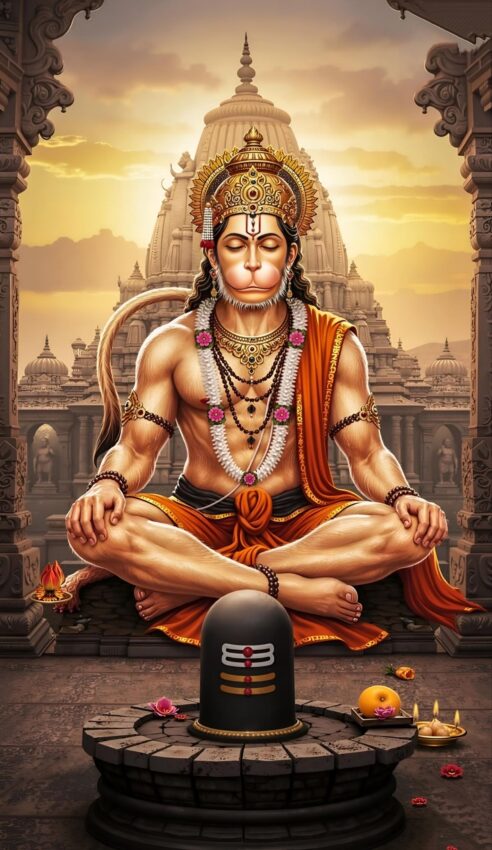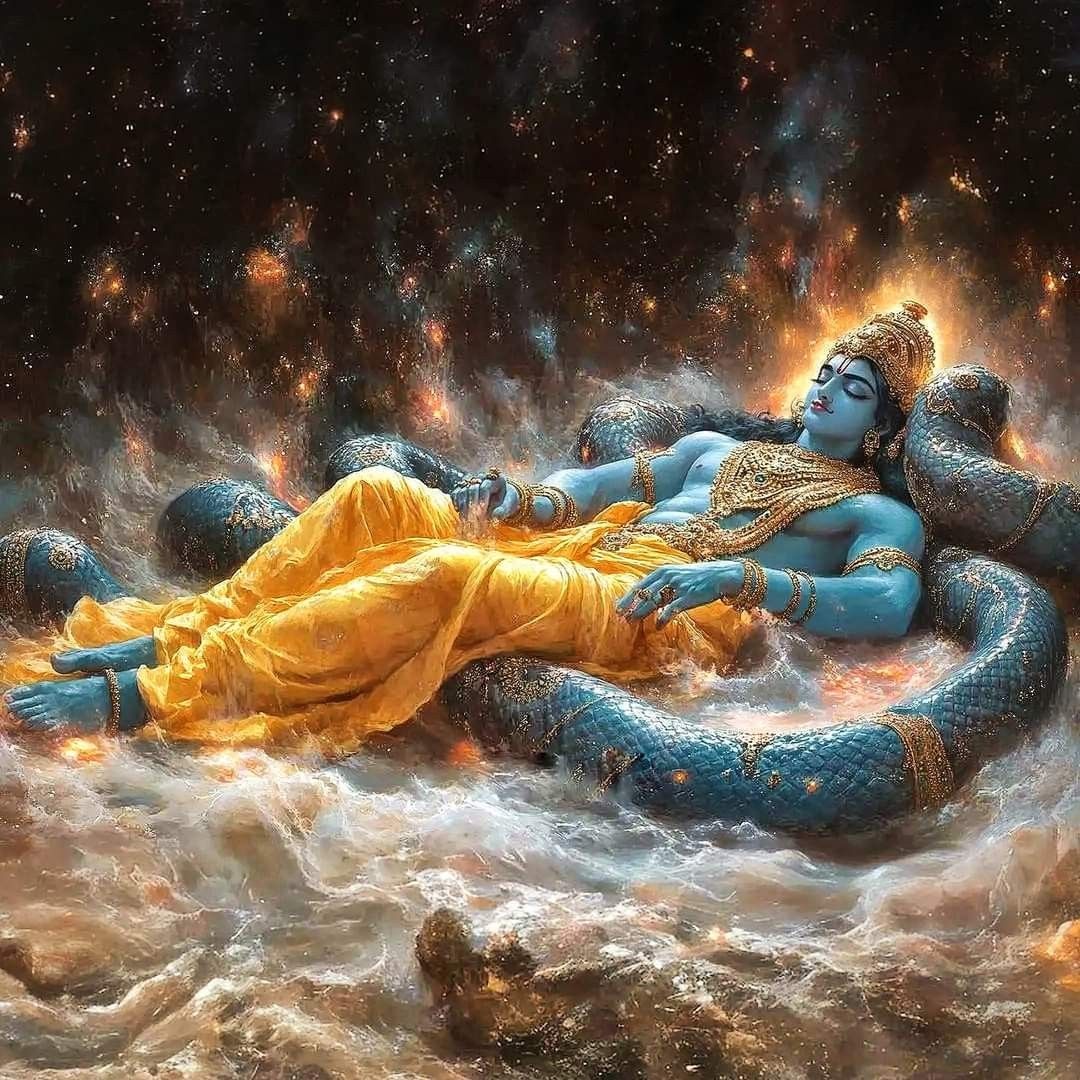Discover the rich history, philosophy, and traditions of Hinduism—the oldest religion. Explore its beliefs, deities, scriptures, and impact on modern life.

Hinduism is not just a religion but a way of life. With over 1.2 billion followers worldwide, it is the third-largest religion after Christianity and Islam. Unlike other religions, Hinduism has no single founder, central scripture, or uniform set of practices. It is an ancient tradition that has evolved over more than 4,000 years, deeply influencing culture, philosophy, and spirituality across the world.
Origins and History
Hinduism traces its roots back to the Indus Valley Civilization (circa 2500 BCE) and the Vedic Period (1500 BCE – 500 BCE). The sacred texts of Hinduism, known as the Vedas, were composed during this period, laying the foundation for its core beliefs and rituals.
Over centuries, Hinduism has been shaped by great sages, philosophers, and texts such as the Upanishads, Bhagavad Gita, Ramayana, and Mahabharata. It has absorbed influences from various regions, making it one of the most adaptable and enduring spiritual traditions in history.
Core Beliefs of Hinduism
Hinduism is incredibly diverse, but some common principles unify its followers:
1. Dharma (Righteousness & Duty)
Dharma is the moral order of the universe and an individual’s duty according to their role in society. Living by dharma ensures harmony and balance.
2. Karma (Cause and Effect)
The law of karma states that every action has consequences. Good deeds lead to positive outcomes, while bad actions bring negative results, either in this life or future rebirths.
3. Samsara (Cycle of Rebirth)
Hindus believe in reincarnation, where the soul is reborn in different forms based on its past karma. This cycle continues until the soul attains moksha.
4. Moksha (Liberation from Rebirth)
The ultimate goal of Hinduism is moksha—freedom from the cycle of birth and death. It is achieved through self-realization, devotion, and spiritual knowledge.
5. Brahman (The Supreme Reality)
Hinduism teaches that Brahman is the ultimate, formless reality that exists beyond time and space. All deities, rituals, and beliefs stem from this universal energy.
Hindu Deities and Worship
Hinduism is often considered polytheistic, but it actually embraces monotheism, polytheism, and even atheism within its spectrum. There are thousands of deities, but the primary ones include:
- Brahma (The Creator)
- Vishnu (The Preserver)
- Shiva (The Destroyer & Transformer)
- Lakshmi (Goddess of Wealth & Prosperity)
- Saraswati (Goddess of Wisdom & Arts)
- Durga & Kali (Goddesses of Power & Protection)
Devotees worship these gods through puja (ritual worship), meditation, bhajans (devotional songs), and temple visits.
Sacred Texts in Hinduism
Hinduism has a vast collection of scriptures, categorized into Shruti (heard) and Smriti (remembered):
- The Vedas – Oldest and most sacred texts, containing hymns and rituals.
- The Upanishads – Philosophical teachings on the nature of existence.
- The Bhagavad Gita – A spiritual guide from the epic Mahabharata.
- The Ramayana – The story of Lord Rama’s journey of righteousness.
- The Mahabharata – The longest epic, filled with moral and philosophical teachings.
Hindu Practices and Festivals
Hinduism is rich in traditions and festivals that celebrate different aspects of life and spirituality:
- Diwali (Festival of Lights) – Celebrates the victory of light over darkness.
- Holi (Festival of Colors) – A joyful celebration of love and togetherness.
- Navaratri – A nine-day festival dedicated to Goddess Durga.
- Maha Shivaratri – Honoring Lord Shiva.
- Janmashtami – Celebrating the birth of Lord Krishna.
Daily practices include yoga, meditation, reciting mantras, and visiting temples, all of which help devotees connect with the divine.
Hinduism’s Influence on the Modern World
Hinduism has contributed immensely to global culture and spirituality:
- Yoga & Meditation – Now widely practiced for mental and physical well-being.
- Ayurveda – One of the oldest medical sciences promoting holistic healing.
- Philosophy & Spirituality – Hindu teachings have influenced thinkers like Einstein, Oppenheimer, and Schopenhauer.
- Vegetarianism & Ahimsa (Non-Violence) – Inspiring ethical eating and compassion towards all beings.
Conclusion
Hinduism is not just a religion—it is a vast, evolving way of life that embraces diversity, spirituality, and self-realization. Its teachings provide timeless wisdom that continues to inspire people across the world. Whether you’re exploring Hinduism for academic purposes or personal spiritual growth, its depth and beauty offer something for everyone.

